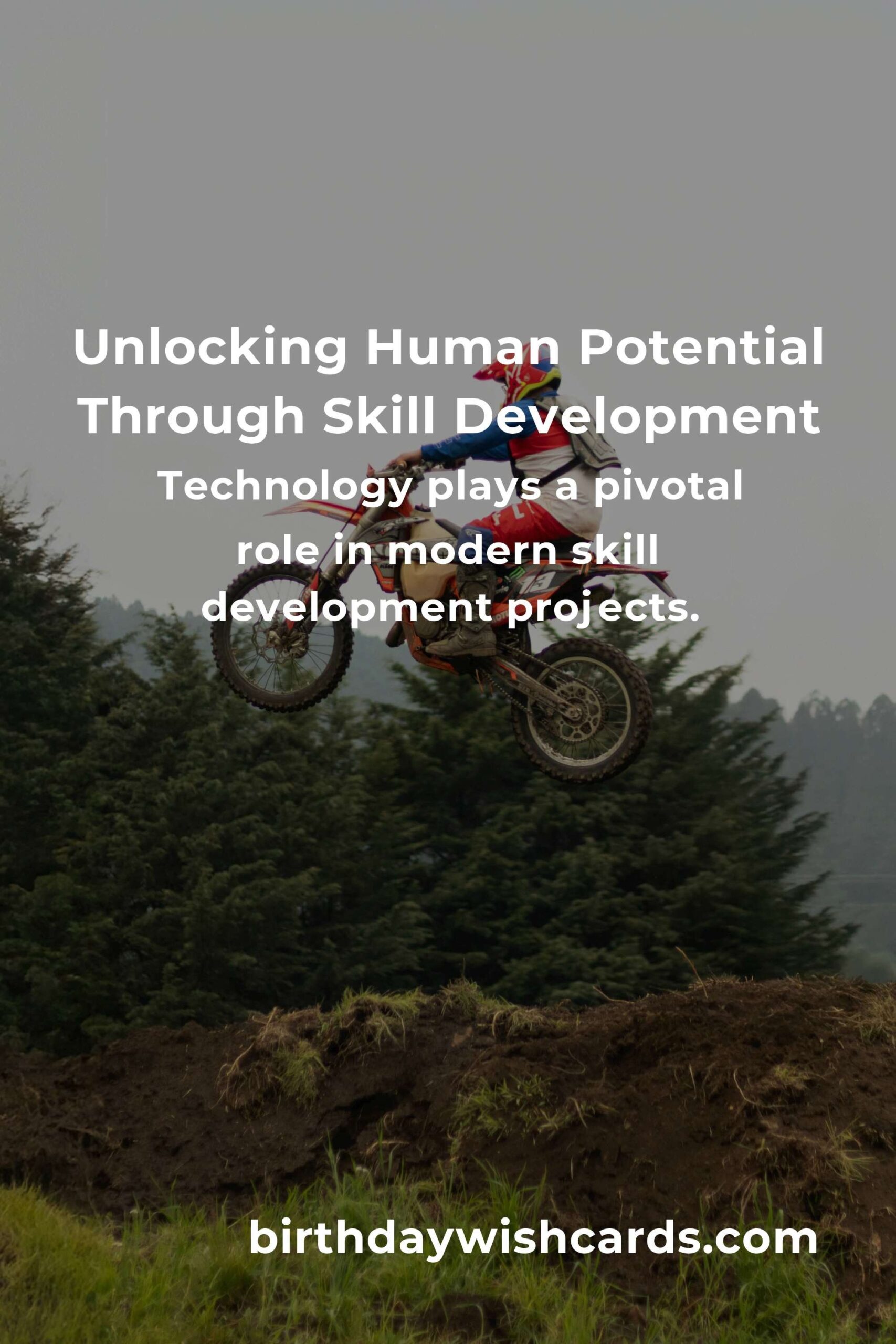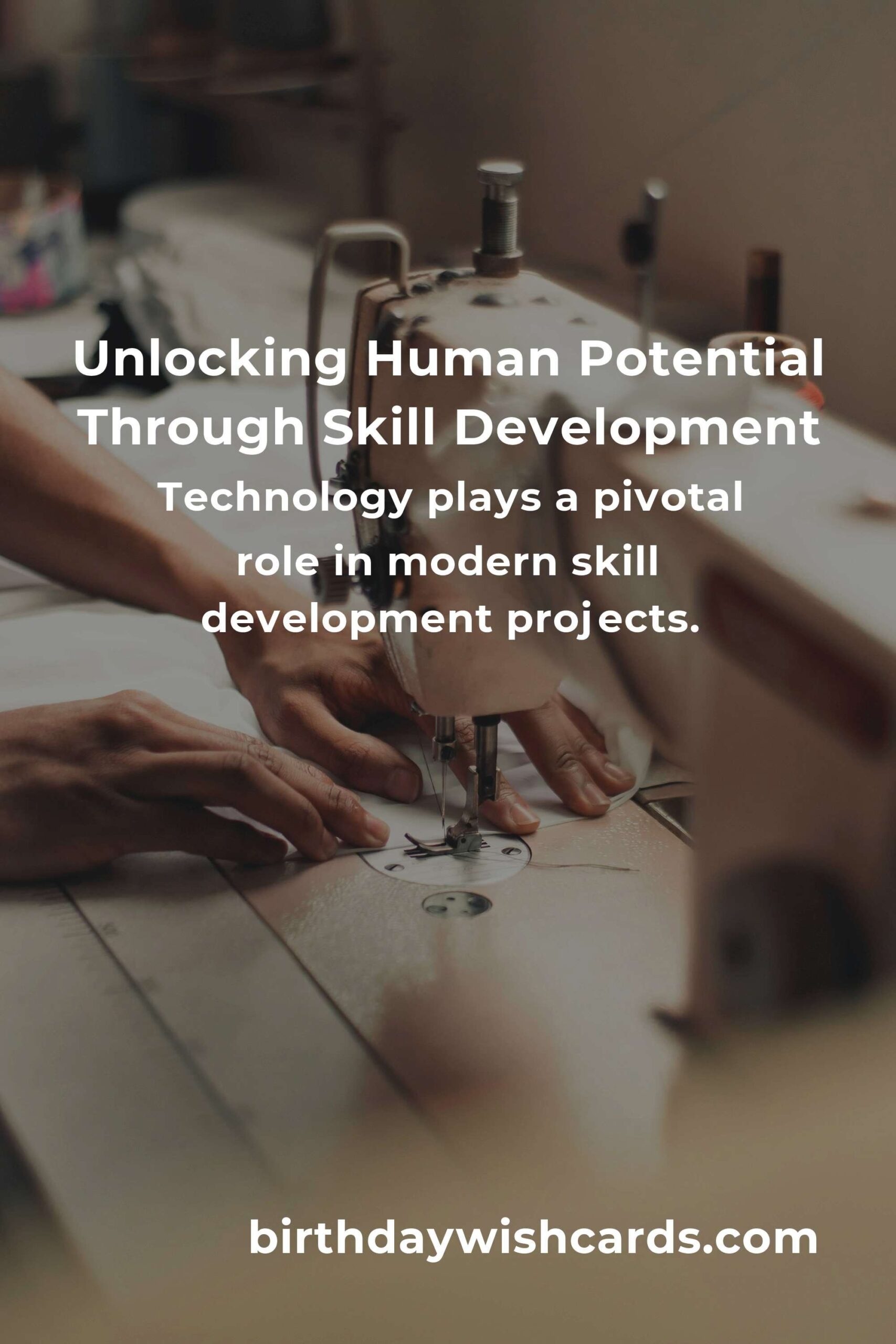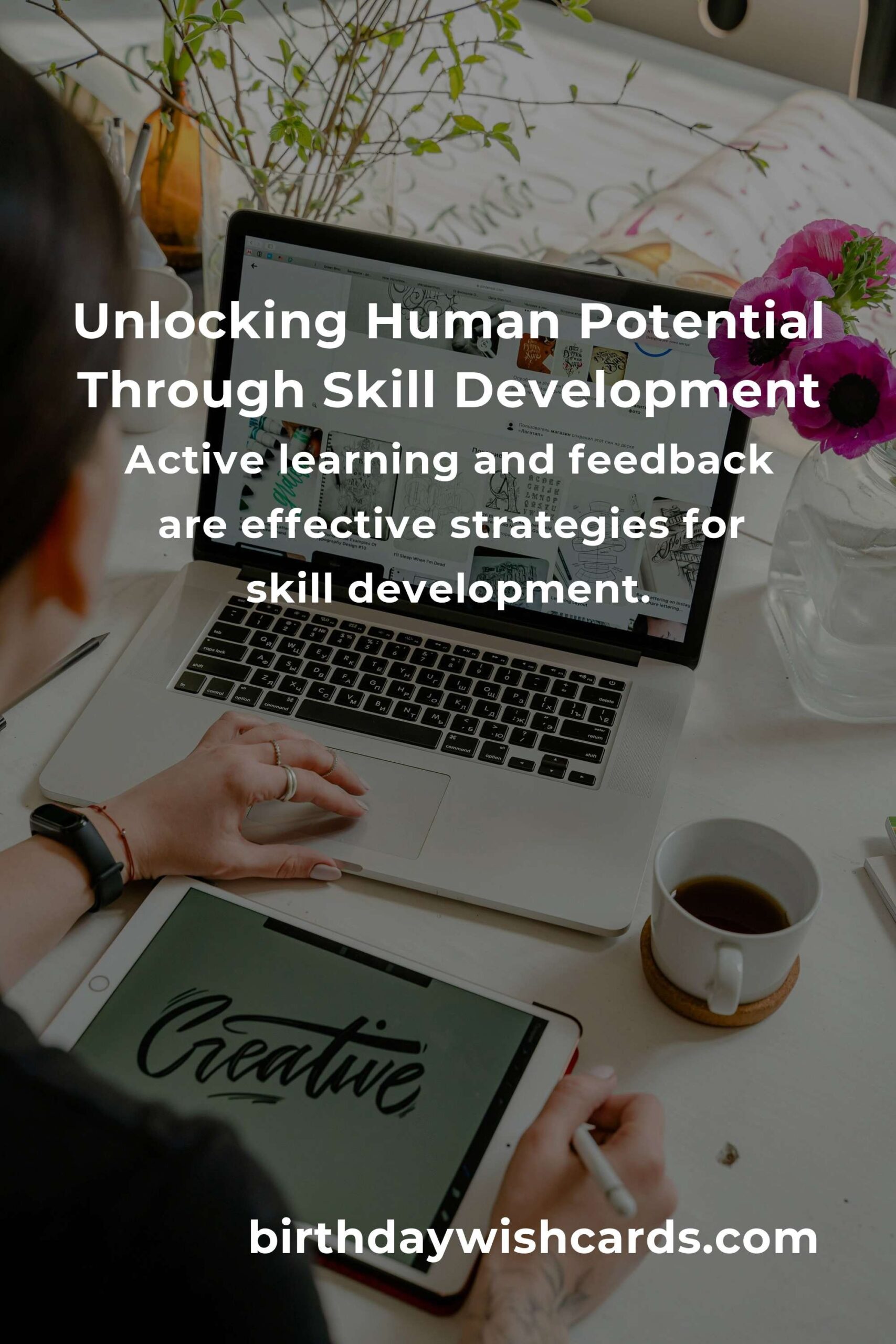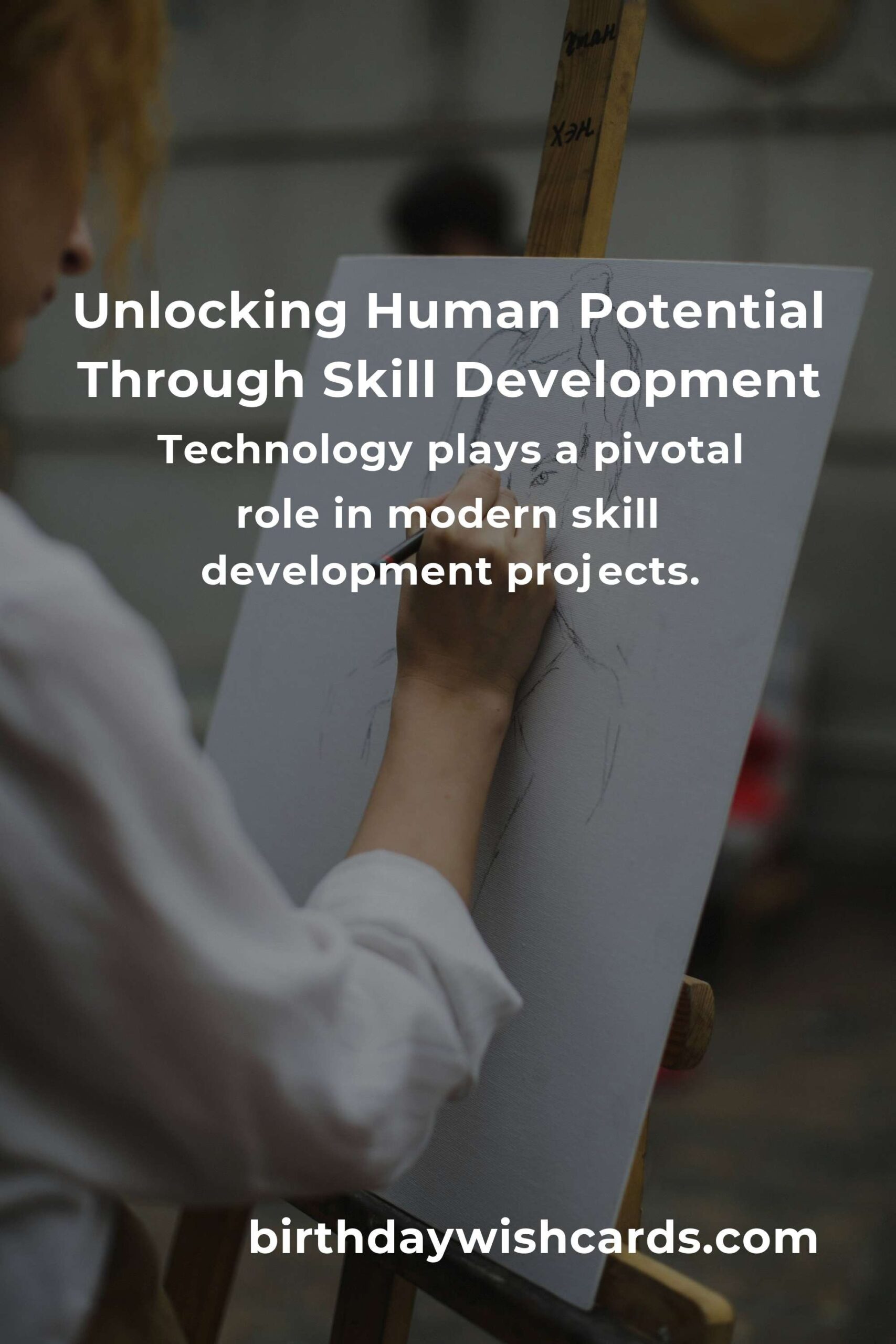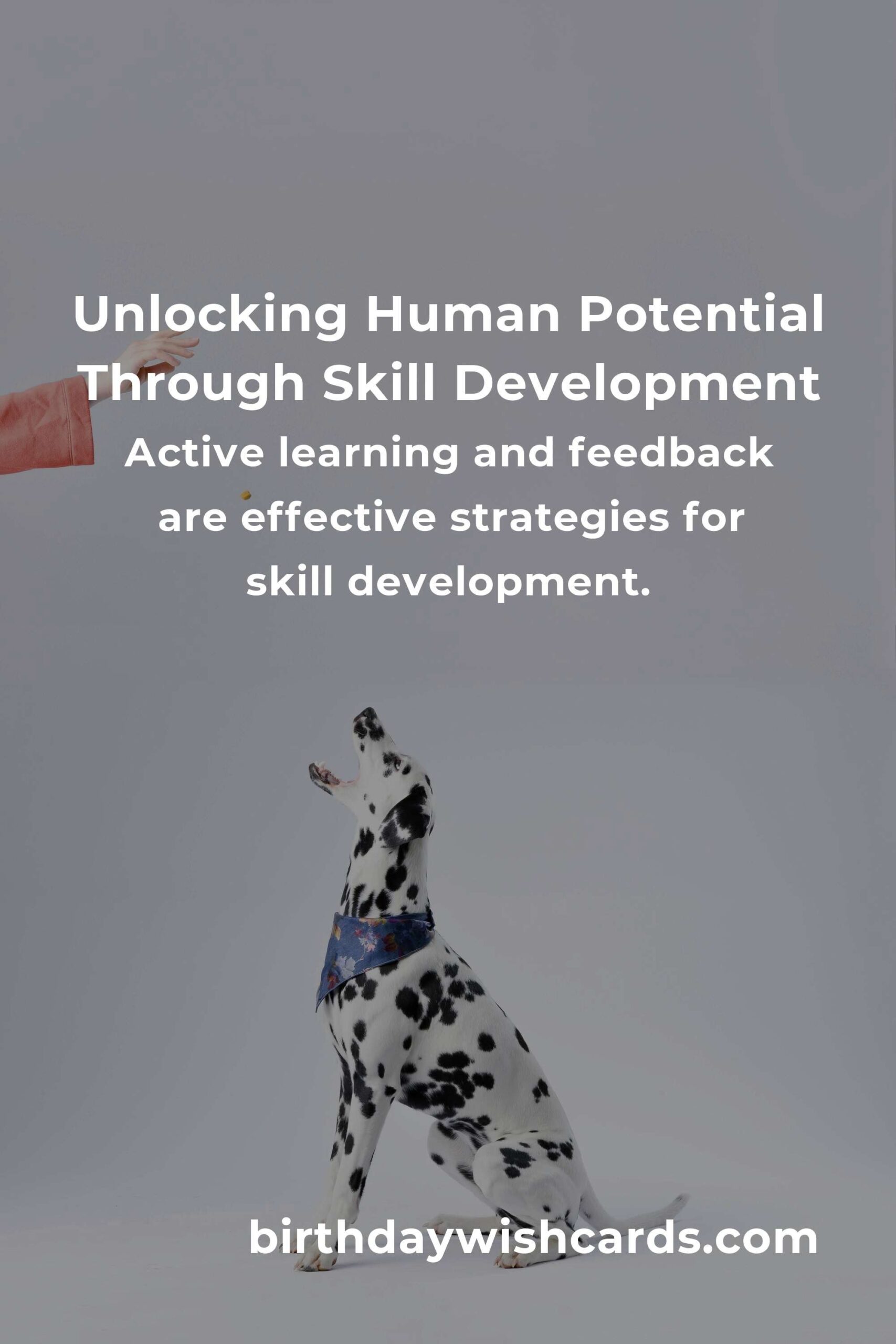
Skill development is a crucial component of personal and professional growth in today’s rapidly evolving world. Understanding the science behind skill development projects can help individuals and organizations maximize their potential and achieve desired outcomes. This article delves into the scientific principles that underpin skill development and how they can be applied effectively in various contexts.
The Importance of Skill Development
In an ever-changing global economy, skill development is more important than ever. It not only enhances individual capabilities but also drives economic growth and societal progress. Skill development projects aim to equip people with the necessary knowledge, abilities, and competencies to thrive in their respective fields.
Research indicates that continuous learning and skill acquisition can lead to better job opportunities, increased productivity, and overall personal satisfaction. Therefore, understanding the scientific approaches to skill development is essential for both individuals seeking self-improvement and organizations aiming to build a skilled workforce.
Understanding The Science of Learning
The science of learning provides valuable insights into how skills are acquired, retained, and transferred to different contexts. Cognitive science, psychology, and neuroscience contribute to our understanding of learning processes. Key principles from these fields guide the design and implementation of effective skill development projects.
Cognitive Load Theory: This theory suggests that our working memory has limited capacity. Skill development programs should be designed to manage cognitive load, ensuring that learners are not overwhelmed with information. Techniques such as chunking information and using visual aids can help manage cognitive load effectively.
Metacognition: Metacognition refers to the awareness and control of one’s own learning processes. Encouraging learners to reflect on their learning strategies and outcomes can enhance skill acquisition. Skill development projects that incorporate metacognitive strategies empower learners to take control of their learning journey.
Effective Strategies for Skill Development Projects
Implementing science-based strategies in skill development projects can significantly impact their success. Here are some proven strategies:
Active Learning: Engaging learners actively in the learning process through discussions, problem-solving, and hands-on activities enhances understanding and retention. Active learning shifts the focus from passive absorption of information to active engagement with the material.
Feedback and Assessment: Providing timely and constructive feedback is crucial for skill development. Feedback helps learners identify areas for improvement and reinforces learning. Similarly, assessments should be designed to measure not just knowledge acquisition but the application of skills in real-world scenarios.
Personalization: Tailoring skill development projects to individual needs and learning styles can enhance effectiveness. Personalization involves recognizing the unique strengths, weaknesses, and preferences of each learner and adapting the learning experience accordingly.
The Role of Technology in Skill Development
Technology plays a pivotal role in modern skill development projects, offering innovative tools and platforms that enhance learning experiences. From online courses and simulations to virtual reality and artificial intelligence, technology provides diverse opportunities for skill acquisition.
Online learning platforms offer flexibility and accessibility, allowing learners to access resources anytime, anywhere. Virtual reality and simulations create immersive learning environments that enable learners to practice skills in a safe and controlled setting. AI-driven analytics provide insights into learner progress and suggest personalized learning paths.
Conclusion: Harnessing Science for Effective Skill Development
The science behind skill development projects provides a roadmap for creating effective learning experiences. By understanding the principles of cognitive science, psychology, and neuroscience, educators and trainers can design programs that maximize learning outcomes. As technology continues to advance, the potential for innovative skill development approaches will only grow, offering exciting possibilities for unlocking human potential.
Skill development is crucial for personal and professional growth. Cognitive science, psychology, and neuroscience provide insights into learning processes. Active learning and feedback are effective strategies for skill development. Technology plays a pivotal role in modern skill development projects.
#SkillDevelopment #LearningScience #CognitiveScience #ProfessionalGrowth #TechnologyInEducation



